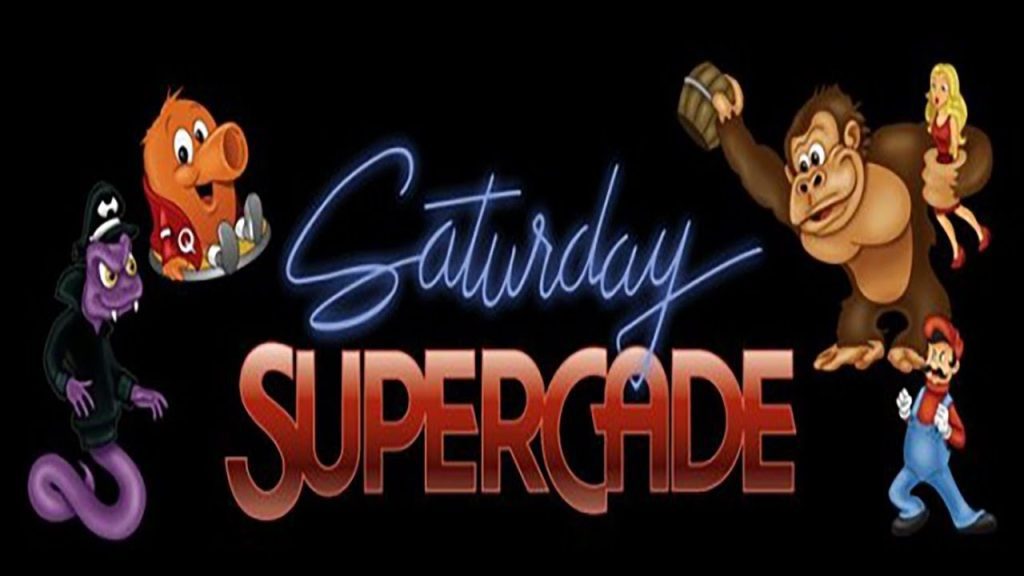10 Strangest Video Game Adaptations
The realm of video game adaptations has witnessed both triumphs and tribulations, from acclaimed successes like HBO’s rendition of “The Last of Us” to the recently famous “Super Mario Bros.” in 2023. However, amid these victorious strides, the world of video game adaptations has also endured a medley of perplexing and, at times, bizarre adaptations that have left a lasting mark on the annals of gaming history.
Take, for instance, the ’80s sensation “Saturday Supercade,” an anthology of animated shorts featuring video game characters such as Donkey Kong and Q*bert engaged in an array of inexplicable activities utterly unrelated to their gaming narratives. With missed opportunities for a monumental crossover, “Saturday Supercade” stands as a peculiar but memorable chapter in the world of video game adaptations.

Similarly, “Captain N: The Game Master,” which aimed to bring together Nintendo’s beloved characters, missed the mark by featuring bootleg versions of well-known icons like Mega Man and Simon Belmont from Castlevania. This paradoxical focus on brand recognition and a blatant disregard for the source material has solidified “Captain N” as a symbol of the era’s commercialism and cultural skepticism.
The world of comic adaptations also hasn’t been immune to oddities, as evidenced by the DC mini-comics “Atari Force,” which reimagined the simplistic narratives of Atari games into a complex tale of a high-tech team traversing the cosmos in search of a new home. While the concept seemed far-fetched then, “Atari Force” has since become a unique representation of the convergence of video game concepts with other media forms.
Straying further into the realm of cinematic adaptations, “Street Fighter: The Legend of Chun-Li” serves as an example of a misguided attempt to reimagine the iconic Street Fighter franchise as a gritty crime thriller, abandoning the vibrant and supernatural elements that defined the games. The film’s departure from the core essence of Street Fighter not only left fans disillusioned but also led to a narrative that failed to resonate with the franchise’s core audience.

Even the monumental “Super Mario Bros.” franchise was not immune to unusual adaptations, as the 1993 film sought to transform the whimsical and kid-friendly universe of Mario and Luigi into a dark and dystopian portrayal, effectively alienating itself from the vibrant spirit of the original games. Although the movie has since garnered a cult following, it undeniably diverged from the essence of the beloved Nintendo series.
Moving beyond the world of individual franchises, the Resident Evil movie series, helmed by Paul W.S. Anderson, veered away from the narrative elements that defined the survival-horror games, instead centering the storyline on a new character, Alice, and her all-powerful presence, overshadowing the thematic and atmospheric nuances of the game series.
In the realm of self-parody, Uwe Boll’s “Blubberella” stands as a testament to the intersection of crass comedy and video game adaptations, serving as both a mockery of Boll’s earlier work and an exemplar of the lowest form of humor and satire. With its relentless focus on stereotypes and clichés, “Blubberella” embodies the darkest corner of the world of video game film adaptations.

Meanwhile, the ambitious yet disconnected “Final Fantasy: The Spirits Within” attempted to capture the essence of the Final Fantasy universe through cutting-edge CGI technology but ultimately failed to establish a cohesive connection with the beloved gaming series. Its misguided attempt at broadening the franchise’s horizons resulted in a lackluster performance at the box office and a dissonance with the franchise’s fanbase.
In hindsight, the world of video game adaptations has certainly seen its fair share of quirks, from peculiar narratives to misguided attempts at reimagining beloved gaming universes. Despite their often mixed receptions, these adaptations have left an indelible mark on the landscape of video game culture, serving as a testament to the complex and ever-evolving relationship between gaming and other forms of media.
